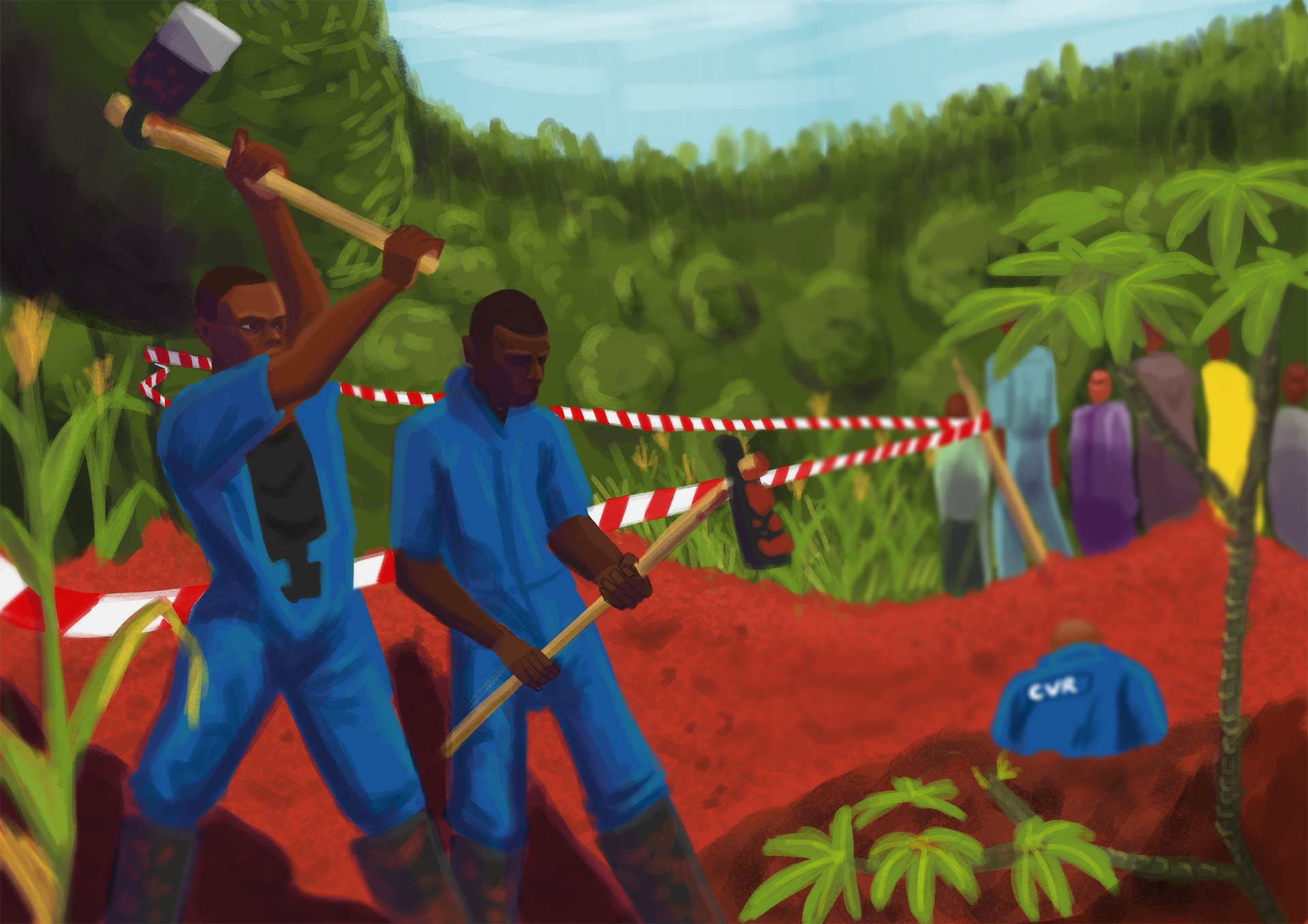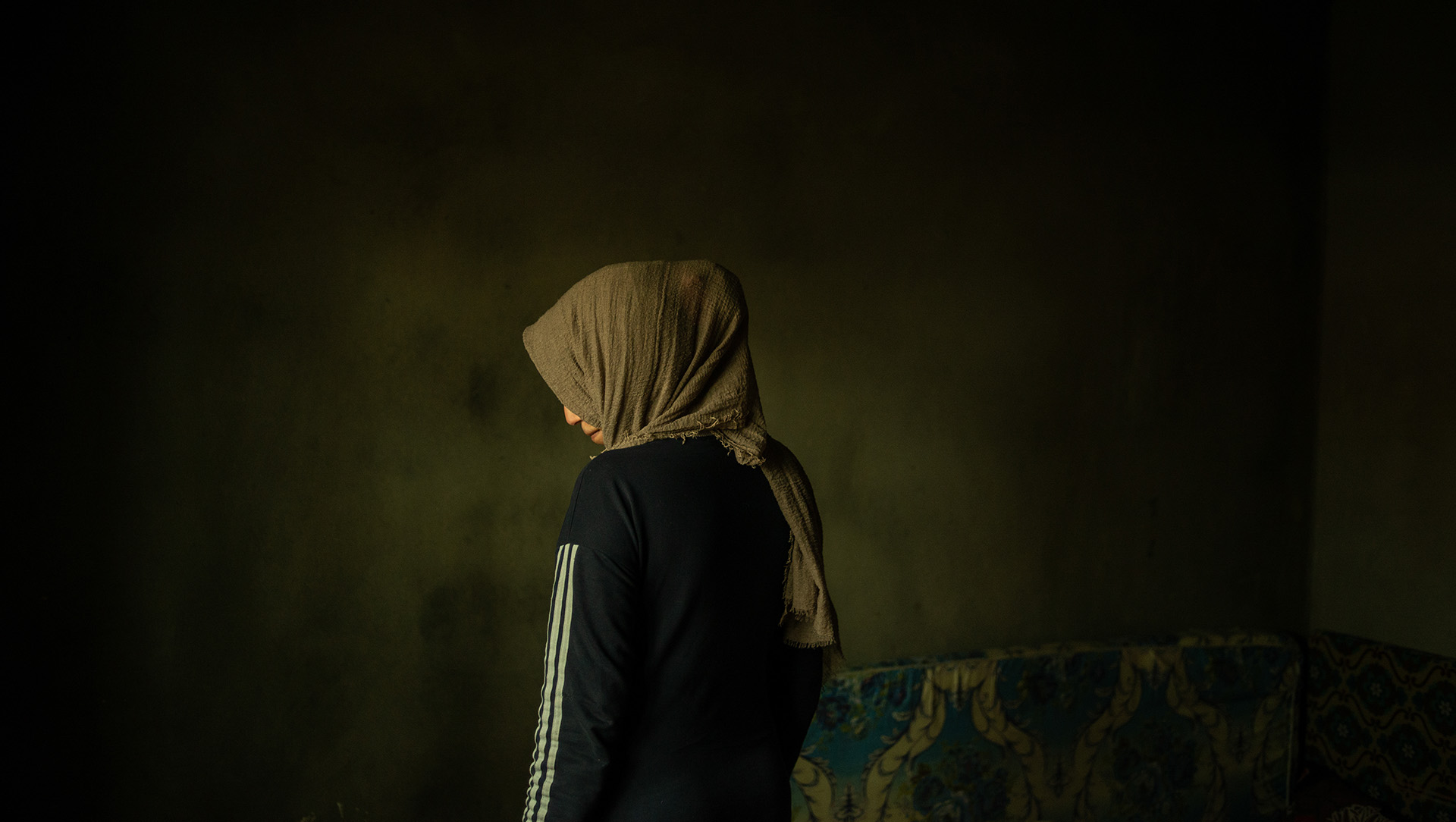In the face of escalating civil and political unrest, “peacefulness” deteriorated in 2021 for the ninth straight year, according to the annual index of the Institute for Economics & Peace.
To try and better understand how conflict can be avoided, The New Humanitarian has, for the past two years, been exploring the flip-side of war – attempts at building peace and reconciliation – in a series called “Beyond the bang-bang”.
Much of what we’ve reported on this year has involved local peace attempts. That’s because national-level peace deals often don’t solve the whole conflict puzzle – they leave gaps between people’s expectations of peace and the reality, where lives don’t really change at all.
In South Sudan, for example, the 2018 power-sharing agreement has become a source of conflict over delays in the implementation of key provisions. In Colombia, a landmark accord has eased political violence, but there has been a surge in mass killings as rival armed groups fight for control over coca and other valuable resources.
Local truces can be alternatives, particularly when peace has stalled or when the state has no real control over an area – as our exclusive reporting on the Sahel demonstrates. These local deals often draw on traditional political and religious authorities, usually seen as more credible than national-level negotiators, and more in tune with conflict dynamics. “After speaking with [the jihadists], at least we understood that they won’t kill us,” explained one community leader in northern Burkina Faso.
But rather than solving the big picture conflict issues, these deals can be quite specific, tailored to local concerns, like land disputes, or re-opening markets, as we documented in Nigeria’s Southern Kaduna region.
As has been well documented, women often play a vital role in peacebuilding. In southern Thailand they are stepping in to mediate in the conflict between the government and separatist insurgents, and to bridge deep ethnic divisions in the South Sudanese town of Malakal.
But local approaches can be risky for the peace activists involved. Many of these accords are also unwritten, and in some cases are seen as transitory short-term “deals”. The broader national-level grievances driving the conflicts often go unaddressed – as our exclusive reporting from Sudan's western Darfur region points out.
Where peace agreements are not accompanied by transitional justice mechanisms to tackle impunity and the lack of accountability for the crimes committed, grievances can fester, undermining the peacebuilding efforts, as we reported in Libya and Burundi
All this and more is explored in the following selection of reports from “Beyond the bang-bang” from 2021.
(Compiled by TNH Senior Africa Editor Obi Anyadike.)

Can local dialogues with jihadists stem violence in Burkina Faso?
As violence intensifies in Burkina Faso and patience wanes with the government – which failed to sustain a ceasefire it negotiated with jihadists ahead of elections late last year – some community leaders have taken a radical step: talking to the militants themselves.

Syrian war crimes on trial in Germany: Will justice be lost in translation?
When justice happens far from where the crimes were committed, or in a language other than the one the victims speak, it often fails to include the people it is ostensibly meant to serve.

From global cause to forgotten crisis: A reporter’s diary from Darfur
The expression “forgotten crisis” is a problematic one – no crisis is forgotten by the people living through it, nor the local journalists who cover it, week in week out, year after year. But in Darfur, where violence once grabbed international headlines – and aid organisations once pumped in money and manpower – “forgotten crisis” is a term many residents now seem to relate to.

Reporter’s Diary: Finding forgiveness in Burundi’s mass graves
The bouts of violence that have shaken Burundi since the 1960s received little attention compared to events in neighbouring Rwanda. So when a truth and reconciliation commission began digging up mass graves to investigate atrocities, journalist Désiré Nimubona picked up his notebook. For more than a year, he travelled the country, following the commission and reflecting on Burundi’s troubled past – as well as his own.

Caught in the middle: Peace activists in Cameroon try to end a brutal war
A small but growing grassroots peace movement is trying to bring an end to an internationally neglected crisis that is becoming increasingly deadly and complex.

EXCLUSIVE: Nigeria’s secret programme to lure top Boko Haram defectors
A top-secret programme is encouraging senior jihadist commanders to defect, but their cvilian victims still live with the violence they caused. Is this a sustainable path to peace?

A Libyan town reckons with its past horrors and uncertain future
Grievances from Libya’s latest conflict continue to simmer and could bubble over into violence yet again unless people find the justice they seek.

COVID-19 fuels growing conflict and displacement in Colombia
Even as the fourth anniversary of a landmark peace accord came and went, conflict and extortion were driving rising numbers of people from their homes in Colombia’s most lawless regions.

Old grudges and empty coffers: South Sudan’s precarious peace process
Nearly a year after President Salva Kiir formed a unity government with opposition leader Riek Machar – now the vice-president – key parts of the agreement have not been implemented amid entrenched distrust between the two men, funding shortages, and renewed fighting that cost thousands of lives in 2020.




